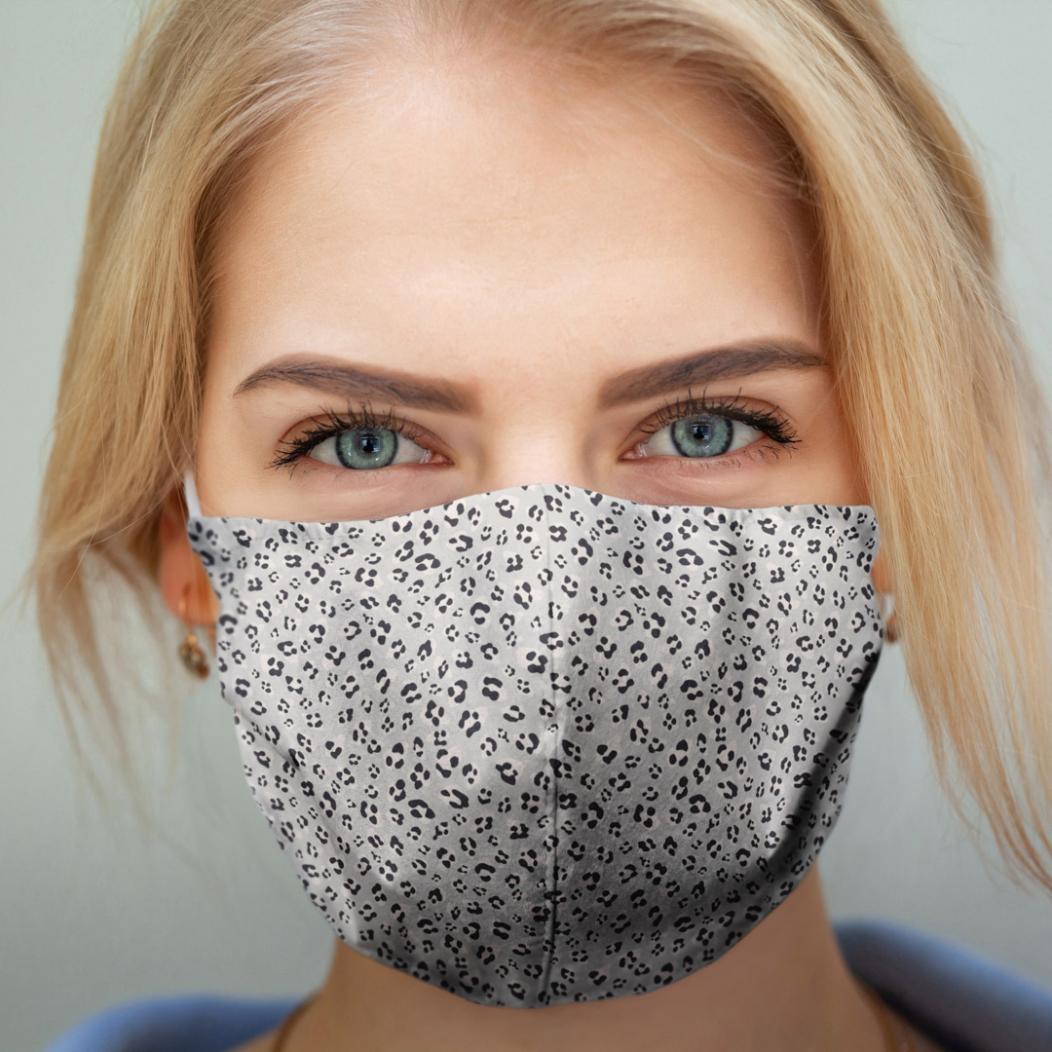When and Where Should I Wear a Face Mask?
A face mask is a protective covering worn over the nose and mouth to prevent the spread of respiratory droplets. It is an essential tool in the fight against the COVID-19 pandemic and other respiratory illnesses.

Purpose Of Wearing A Face Mask
Face masks serve several important purposes:
- Preventing the Spread of Germs: When an infected person coughs, sneezes, or talks, they release respiratory droplets into the air. These droplets can contain viruses or bacteria that can cause illness. Wearing a face mask helps to trap these droplets and prevent them from spreading to others.
- Protecting Yourself from Infection: When you wear a face mask, you create a barrier between your mouth and nose and the respiratory droplets in the air. This can help to reduce your risk of inhaling these droplets and becoming infected.
Current Global Health Context
The COVID-19 pandemic has highlighted the importance of wearing face masks. The virus is highly contagious and can spread through respiratory droplets. Wearing a face mask is one of the most effective ways to prevent the spread of the virus and protect yourself and others from infection.
When To Wear A Face Mask
There are several situations when it is recommended to wear a face mask:
During Illness Or Suspected Illness
- If you are experiencing symptoms of illness, such as a cough, fever, or shortness of breath, it is important to wear a face mask to prevent spreading the illness to others.
- Even if you are not experiencing symptoms, if you have been in close contact with someone who is ill, it is recommended to wear a face mask to protect yourself from infection.
In Crowded Or Enclosed Spaces
- When you are in a crowded or enclosed space, such as a public transportation, a shopping mall, or an office, it is important to wear a face mask to reduce your risk of exposure to respiratory droplets.
- This is especially important if you are in an area with a high rate of infection.
In Areas With High Rates Of Infection
- If you are traveling to or living in an area with a high rate of infection, it is important to wear a face mask to protect yourself from infection.
- Local guidelines and regulations may require you to wear a face mask in certain settings.
Where To Wear A Face Mask
There are several settings where it is recommended to wear a face mask:
Healthcare Settings
- Hospitals
- Clinics
- Nursing homes
Public Transportation
- Buses
- Trains
- Airplanes
Schools And Universities
- Classrooms
- Laboratories
- Libraries
Types Of Face Masks

There are several types of face masks available, each with its own advantages and disadvantages:
Surgical Masks
- Disposable
- Fluid-resistant
- Commonly used in healthcare settings
N95 Respirators
- Tight-fitting
- Filters out 95% of particles
- Recommended for healthcare workers and high-risk individuals
Cloth Masks
- Reusable
- Less effective than surgical masks and N95 respirators
- Can be used in non-healthcare settings
Proper Use Of Face Masks
It is important to wear a face mask correctly and safely to ensure its effectiveness:
Wearing The Mask Correctly
- Cover your nose and mouth completely.
- Ensure that the mask fits snugly against your face.
- Avoid touching the front of the mask.
Handling The Mask Safely
- Remove the mask by the straps.
- Wash your hands before and after touching the mask.
Caring For The Mask
- Disposable masks should be discarded after use.
- Cloth masks should be washed regularly.
Importance Of Wearing A Face Mask
Wearing a face mask is an important public health measure that can help to prevent the spread of respiratory illnesses, including COVID-19. By wearing a face mask, you are protecting yourself and others from infection.
Considerations For When And Where To Wear A Face Mask
When deciding whether or not to wear a face mask, it is important to consider the following factors:
- The level of community transmission in your area.
- The type of setting you are in.
- Your own personal health status.
Proper Use And Care Of Face Masks
It is important to use and care for face masks properly to ensure their effectiveness. Follow these guidelines:
- Wash your hands before putting on a face mask.
- Cover your nose and mouth completely with the mask.
- Make sure the mask fits snugly against your face.
- Avoid touching the front of the mask while wearing it.
- Remove the mask by the straps.
- Wash your hands after removing the mask.
- Disposable masks should be discarded after use.
- Cloth masks should be washed regularly.
By following these guidelines, you can help to protect yourself and others from the spread of respiratory illnesses.
YesNo

Leave a Reply